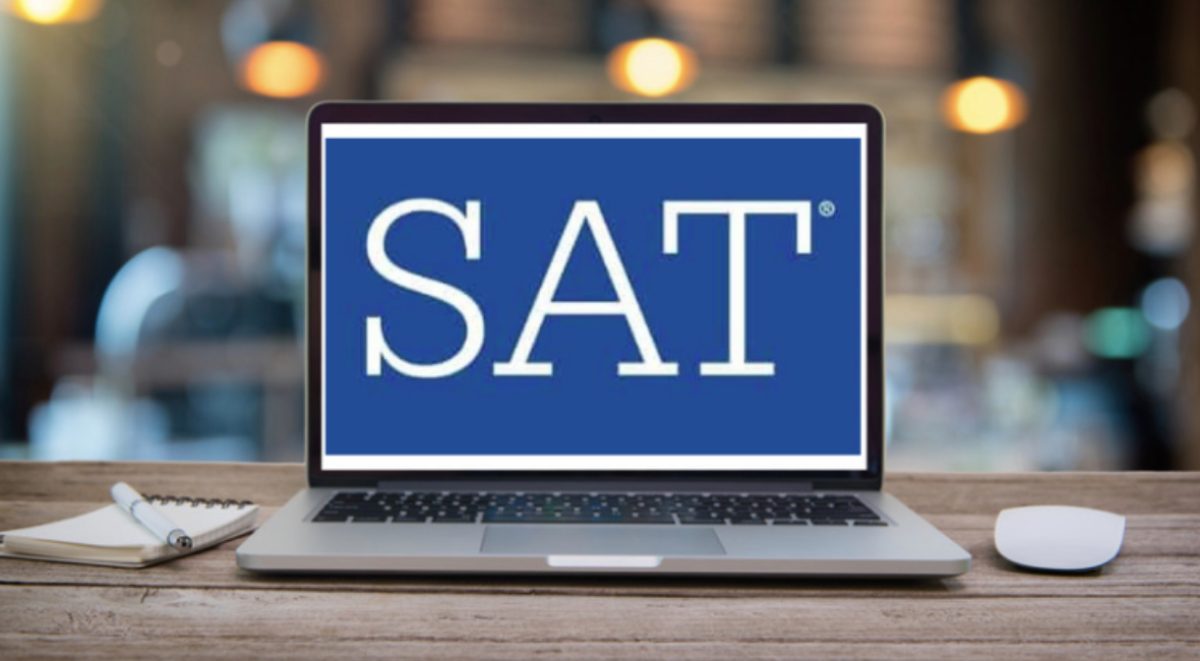Earlier this year, many students and teachers trying to access some of their favorite streaming services at school found themselves suddenly unable to do so. These applications (Netflix and Spotify are some of the most popular examples) allow users to download a file in pieces while watching it, allowing for uninterrupted use. In an attempt to limit the bandwidth (how much of the network a data transfer uses) taken up by these services in a time when Skyward and other new, online services have further strained the county’s networks, Seminole County Public Schools’ Network Operations Center has decided to limit such “non-essential video and audio streaming,” according to an internal memo released by the department.
The memo was sent by Patrick Kelly, a Network Operations employee, according to Seminole High’s Educational Technology Facilitator, Ms. Lynn Cullum. It reads:
“Over the past several months [Network] Operations has worked to maximize our network resources in support of appropriate instructional practices, computer based testing, Skyward (the new student system), Zimbra [used for employee emails], SDCP [Service Documentation and Compliance Program], and other essential business operations. It has been determined that a percentage of our bandwidth was being consumed by non-essential video and audio streaming. In an effort to improve overall response times several resources have been allocated lower priority. Resources such as Netflix, Hulu, streaming TV and radio sites have been restricted. Operations will continue to monitor bandwidth traffic so that all essential appropriate resources can be available to our users in a timely manner.”
Many teachers have relied on these services in their classrooms, and will now have to find new ways to teach their students through multimedia. Junior Roland Nagy said, “I think websites like hulu and pandora [sic] can be useful to enhance the education of students…especially when learning about a certain culture which is important because our schools and daily life [are] so ethnically diverse.”
Ms. Cullum emphasized that “as part of the network acceptable use policy for both teachers and students, audio and video streaming is discouraged.”
Sophomore Mahdi Kassam pointed out that teachers can use other services to supply their students with the video and audio they need. “Teachers have a myriad of other options to use besides that of Netflix or streaming options; YouTube is still permitted, and to the best of my knowledge, I don’t believe any of these restrictions have impeded any learning process.”
Teachers can still go with the more old-fashioned route and request orders of videos in DVD or videocassette format from Seminole’s media specialists Mrs. Dike and Mr. Schomer.
As a catalyst for the move to ban such streaming, Ms. Cullum pointed to “massive slowdowns in network services at times, and sometimes it is directly attributable to employees’ streaming of radio stations over their computers or students’ streaming of videos and games in the labs.”
Ms. Cullum summed up the issue this way: “It would be nice if our Internet service were capable of handling all of the demands the thousands of users place on it daily, but financial considerations in the district prohibit having high speed at all times. The addition this year of Skyward, which is a huge Internet-based database, has office staff, teachers, and parents pulling from its data continuously. As Mr. Kelly explained in his memo to us, testing, email, Skyward, and other essential business operations are taking such a chunk out of the available bandwidth that there really is not much room for what could be classified as ‘the extras.’ And when ‘the extras’ inhibit day-to-day operations, the extras have to be curtailed[…].”
























